
Iain Clunie, programme director for Scotland Food & Drink Partnership’s Net Zero Commitment, explores the challenges and opportunities for businesses on their journey to net zero.
“Soaring costs and widespread recruitment challenges present an “existential threat” to bakery businesses. These were the words of Scottish Bakers chief executive Alasdair Smith last August.
He called on both the Scottish and Westminster governments to take urgent action if the baking industry in Scotland was to be able to maintain its current capacity, outlining several measures to alleviate the situation. One of these measures was the introduction of “generous grants” to install on-site green generation capacity for solar panels and similar technology.
It is estimated that the food and drink sector is responsible for approximately 25% of all Scotland’s carbon emissions, so taking positive action could really help propel the nation towards net zero by 2045 (the ambitious target outlined by the Scottish Government’s climate change legislation).
Overhauling your operation to address emissions just isn’t a priority for some
The sector is a tremendous asset, a multi-billion-pound industry showcasing the best of our nation’s produce both domestically and all around the world. It also provides employment right across the country and supports some of our most remote communities. The question is, how in the extraordinarily challenging times businesses face do we move towards net zero?
It’s a hugely complex problem to solve, with just about every business or producer at a different point on the journey and no silver bullet to fire.
The responsibility for change must be shared by everyone – producers, retailers, and consumers.
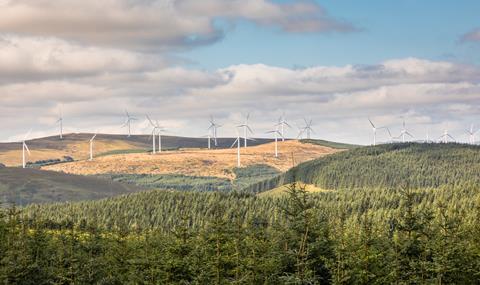
The Covid-19 pandemic, Brexit, war in Ukraine and the cost-of-living crisis have left many businesses fighting for survival. Overhauling your operation to address emissions just isn’t a priority for some.
A lack of relevant skills, just knowing where to look for your carbon footprint and what steps to take is another hurdle to overcome. There is also a real danger for some in the food and drink sector to behave like a rabbit stuck in the headlights, overwhelmed by the complexity of the problem, unable to act meaningfully.
Access to market is likely to become the motivator for rapid change. While most attitude surveys in this space will tell you consumers believe it is the responsibility of the industry to sort out the problem, they still have a massive role to play.
Where there are successes and big wins, there needs to be collaboration to share the knowledge that will transform the sector
If consumers and retailers put greater emphasis on carbon neutral produce, the pace of change will increase. However, both will need to recognise there is a premium to be paid when removing carbon from the production process.
Food and drink businesses need to be confident change can happen and not be daunted by the task.
Where there are successes and big wins, there needs to be collaboration to share the knowledge that will transform the sector.
There isn’t a one size fits all solution. Bakers face energy intensive production processes, a direct to store small drop daily distribution network, with many also having their own retail outlets.
Green grants may well be a solution, but it will also take the nurturing of relevant skills to ensure everyone in the food and drink sector gets the support they need to make meaningful change.
The Scotland Food & Drink Partnership’s Net Zero Commitment programme will provide support to the sector to clear the pathway to lower emissions.
There are grounds for optimism with plenty of willing partners who have the desire to achieve the net zero goal, but collaboration will be the key.”



















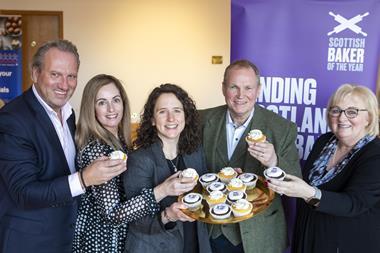
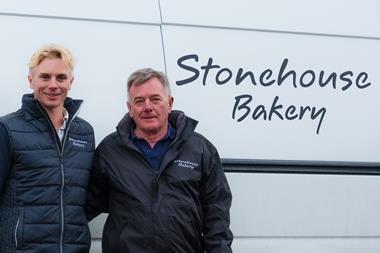
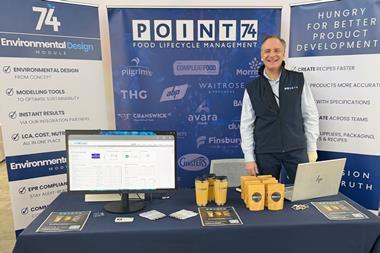



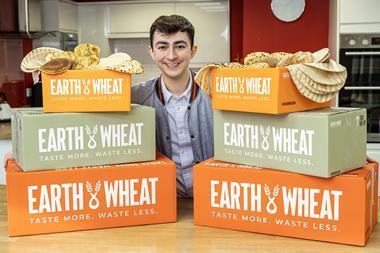

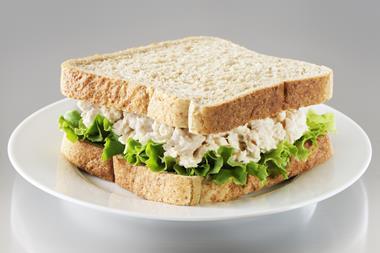
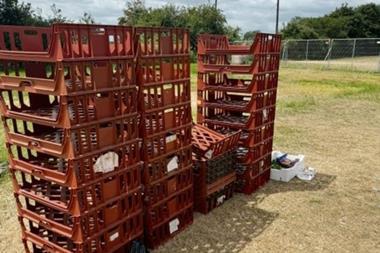
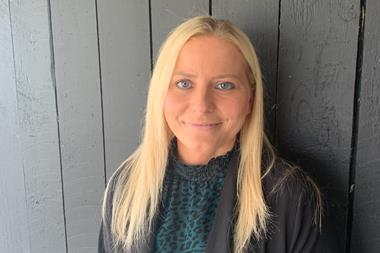


No comments yet